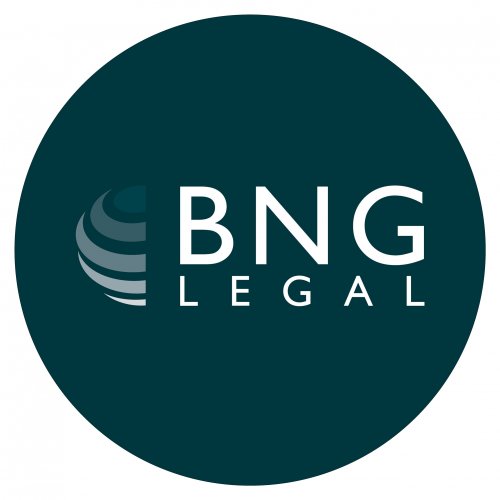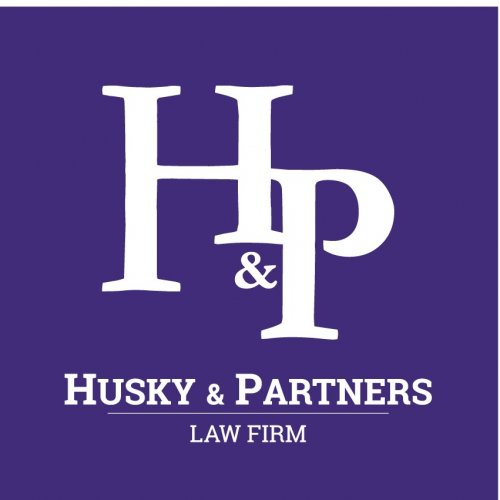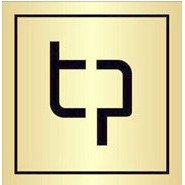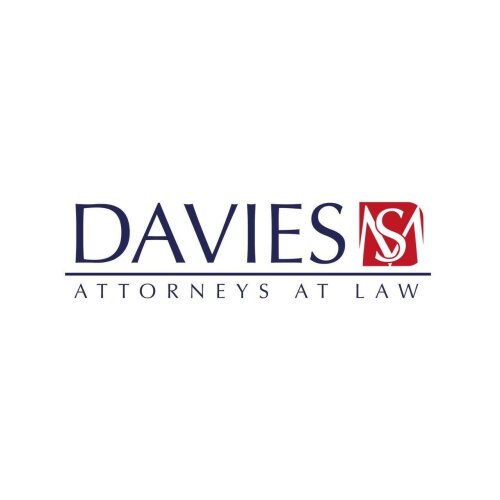Best Conveyancing Lawyers in Phnom Penh
Share your needs with us, get contacted by law firms.
Free. Takes 2 min.
Free Guide to Hiring a Real Estate Lawyer
List of the best lawyers in Phnom Penh, Cambodia
About Conveyancing Law in Phnom Penh, Cambodia
Conveyancing is the legal process of transferring property ownership from one party to another. In Phnom Penh, Cambodia, conveyancing involves various administrative and legal steps to ensure that the transfer is valid, compliant with local laws, and properly registered. The process can be complex due to Cambodia’s unique historical land tenure system, ongoing development, and a rapidly evolving legal environment. Whether you are buying, selling, or inheriting property in Phnom Penh, understanding the conveyancing process is crucial to safeguard your interests and avoid legal disputes.
Why You May Need a Lawyer
Seeking legal assistance with conveyancing in Phnom Penh can be essential for the following reasons:
- Verifying the legal ownership and status of the property being transferred
- Ensuring all documents are correctly prepared and submitted
- Handling negotiations between buyers and sellers or resolving disputes
- Navigating language barriers and translating official documents
- Understanding and applying local regulations, especially about foreign ownership
- Performing due diligence including checking for encumbrances, liens, and unpaid taxes
- Representing clients at the Ministry of Land Management and other government offices during the registration process
- Minimizing transactional risks and avoiding costly mistakes
Local Laws Overview
The conveyancing process in Phnom Penh is governed by several key legal frameworks, including the Land Law of 2001, subsequent sub-decrees, and ministerial regulations. These laws set out the requirements for property ownership, types of property rights, and conditions for transfer. Some key aspects include:
- Title Types: There are hard titles (officially recognized and registered with the government) and soft titles (recognized at the local district or sangkat level). Only hard titles confer full ownership rights and are recommended for secure transactions.
- Foreign Ownership: Foreigners cannot own land outright but may own strata-titled properties (such as condominiums) on certain floors, or lease land for long periods. Nominee structures and land-holding companies are sometimes used but can involve significant legal risk.
- Due Diligence: A thorough check must be performed on the property’s legal status, including verification of ownership, encumbrances, tax compliance, and zoning.
- Government Registration: All transfers of ownership with hard titles must be registered with the Ministry of Land Management, Urban Planning, and Construction (MLMUPC). The process involves submission of forms, payment of taxes and fees, and in-person appearances by both buyer and seller (or their legal representatives).
- Taxes and Fees: Buyers typically pay a transfer tax (usually 4 percent of the property value), and there can be stamp duties and service fees.
Frequently Asked Questions
What is the difference between a hard title and a soft title?
A hard title is an official government-issued certificate that confirms full and secure property ownership. A soft title is recognized only at local authority levels and carries more risk as it does not provide the same legal protection as a hard title.
Can foreigners own property in Phnom Penh?
Foreigners cannot own land outright but can own units in strata-titled buildings such as condominiums, provided that foreign ownership in the building does not exceed 70 percent. Leasing and other structures are available, but they carry legal risks.
What documents are required for conveyancing?
Key documents include proof of ownership (title deed), identification of seller and buyer, sales-purchase agreement, maps, tax documents, and any necessary permissions from government authorities.
How long does the conveyancing process take?
The process can vary depending on the complexity but often takes from two to twelve weeks, especially when hard title registration is required.
Are there any restrictions on local versus foreign buyers?
Yes, Cambodian citizens can own land outright, while foreigners face restrictions and can usually only own units above the ground floor in strata-titled buildings or hold long-term leases.
What taxes and fees apply to property transfers?
The primary tax is the property transfer tax (4 percent of the transaction value). Additional fees may include stamp duty and registration fees.
Do both buyer and seller need to be present at government offices?
Typically, yes. Both parties or their legal representatives must appear to sign documents and complete the title transfer process at the MLMUPC.
What are common risks in the conveyancing process?
Risks include fraudulent titles, disputes over boundaries, outstanding debts or mortgages on the property, and errors in documentation. Legal assistance helps mitigate these risks.
How can I verify the authenticity of a property’s title?
A lawyer or professional conveyancer can carry out a title search at the Ministry of Land Management and confirm the ownership status and authenticity.
Should I use a lawyer or can I do it myself?
The conveyancing process in Phnom Penh includes legal, procedural, and language complexities. While it is possible to try navigating the process independently, engaging a lawyer is strongly recommended to ensure all legal requirements are met and to protect your interests.
Additional Resources
For those seeking more information or wishing to start the conveyancing process, the following resources are invaluable:
- Ministry of Land Management, Urban Planning, and Construction (MLMUPC): Responsible for property registration and land management.
- General Department of Taxation: Provides information on property-related taxes and payment procedures.
- Local Sangkat and Khan offices: District authorities can assist with soft title verification and local property registration matters.
- Legal Aid NGOs: Some organizations offer free or low-cost legal consultations for Cambodian citizens dealing with land issues.
- Professional law firms and licensed conveyancers: Experienced legal professionals in Phnom Penh can offer tailored advice and representation.
Next Steps
If you are considering buying, selling, or transferring property in Phnom Penh, here are some practical steps to follow:
- Begin by identifying the exact property and gathering all available ownership documents.
- Consult with a reputable lawyer or conveyancer experienced with Cambodian property law.
- Carry out due diligence, including title searches and verification of the property’s legal status.
- Negotiate and prepare a legally sound sales-purchase agreement or relevant contract.
- Pay any required taxes and fees, prepare documentation, and ensure compliance with all official requirements.
- Complete the formal transfer and registration with the Ministry of Land Management, Urban Planning, and Construction.
- Retain copies of all documents and receipts for your records.
For your safety and peace of mind, professional legal guidance is strongly advised throughout the conveyancing process in Phnom Penh, Cambodia.
Lawzana helps you find the best lawyers and law firms in Phnom Penh through a curated and pre-screened list of qualified legal professionals. Our platform offers rankings and detailed profiles of attorneys and law firms, allowing you to compare based on practice areas, including Conveyancing, experience, and client feedback.
Each profile includes a description of the firm's areas of practice, client reviews, team members and partners, year of establishment, spoken languages, office locations, contact information, social media presence, and any published articles or resources. Most firms on our platform speak English and are experienced in both local and international legal matters.
Get a quote from top-rated law firms in Phnom Penh, Cambodia — quickly, securely, and without unnecessary hassle.
Disclaimer:
The information provided on this page is for general informational purposes only and does not constitute legal advice. While we strive to ensure the accuracy and relevance of the content, legal information may change over time, and interpretations of the law can vary. You should always consult with a qualified legal professional for advice specific to your situation.
We disclaim all liability for actions taken or not taken based on the content of this page. If you believe any information is incorrect or outdated, please contact us, and we will review and update it where appropriate.












